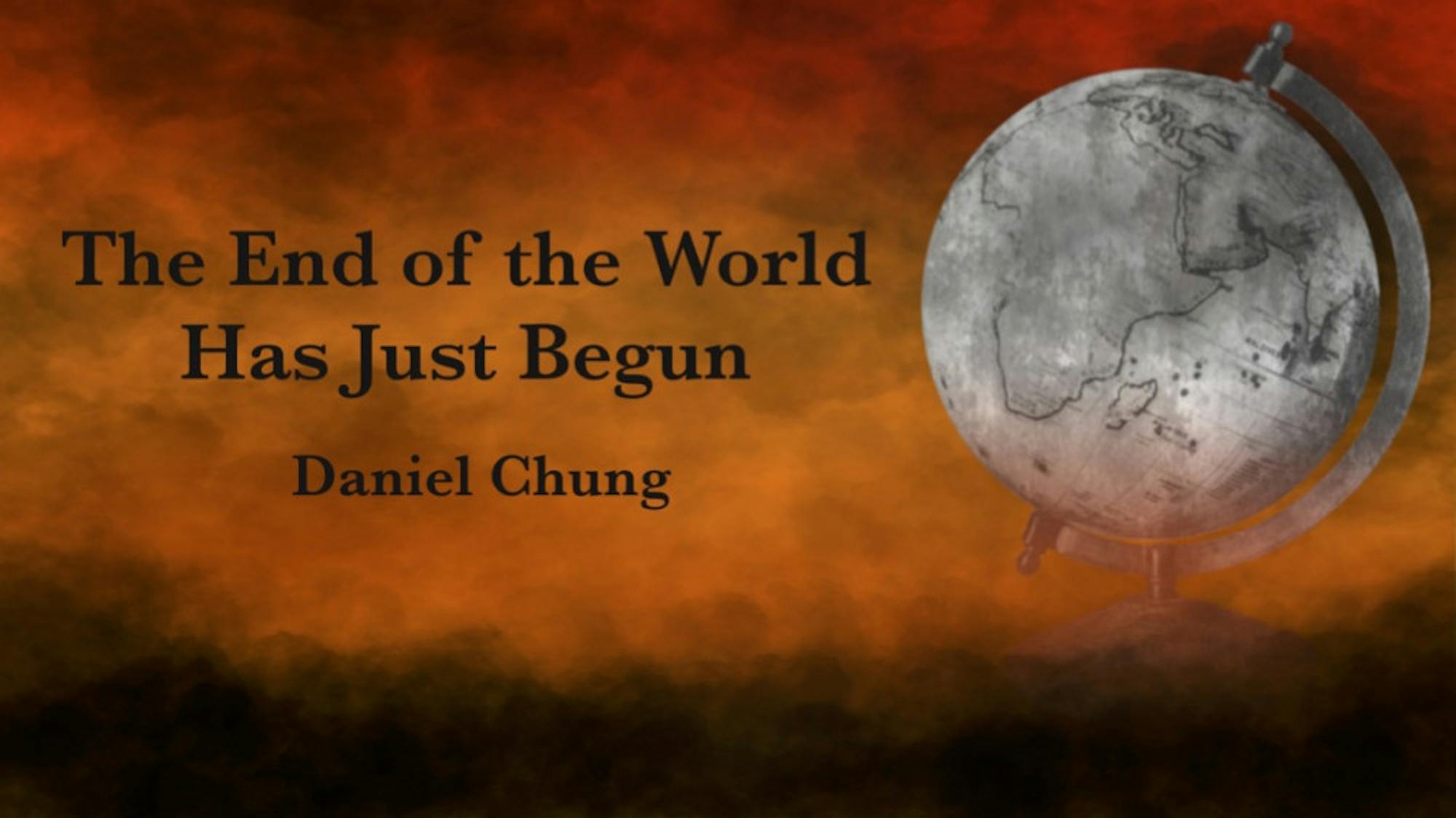Of the points raised in my last piece concerning the origins of the globalized system, the most relevant to today’s affairs may be the fact that free trade has sprung up under American auspices — particularly the exertion of naval supremacy as the U.S. Navy underpins 90% of global commerce, or over $4.6 trillion worth of trade. However, the lack of a navy with true supremacy in our global system furthers the argument that our experiment in globalization is doomed to fall apart. This article will, consequently, serve as a review of global navies and their ability to protect the sea lanes of trade and communication.
To guard against piracy, given the use of rocket-propelled grenades by pirates, combatant ships like destroyers or frigates with good sensors and countermeasure missiles are needed and have been used to defend merchant convoys, especially in the 20th century.
This means that free trade in the most perilous areas of the world’s oceans is limited by the availability of these armed ships. For globalization to survive, many of them must be controlled by a single state — and one with a liberal trade policy — to prevent closed and controlled regional spheres of influence. Assuming that one armed ship is needed to protect each convoy, with each convoy including 70 merchant ships and there being around 54,000 merchant ships in existence right now, the United States, or any other state, needs to hold around 800 of these smaller armed ships to maintain the current liberal trade order.
No state measures up to these high demands for protecting trade, even among the great and middle powers. Russia’s naval future, in particular, is bleak, as evidenced by its naval performance in Ukraine; India has commissioned a new aircraft carrier, signaling a pivot in focus to more global affairs, but does not yet have the force projection or naval protection capabilities that it needs; China still does not have a blue-water navy, with the vast majority of its fleet consisting of fishing boats. While the American, British and Japanese navies are impressive, none have the sheer number of destroyers needed to absolutely guarantee free trade — the U.S. Navy only has around 90 large combatant ships (including destroyers) as of 2021.
Why make all these calculations and assessments of global navies? Doesn’t a concept like piracy belong in the past?
Unfortunately, piracy remains a problem today, especially around West Africa, South America and the Indo-Pacific. Global tensions will likely encourage more piracy; Iran has stepped up its seizures of foreign tankers, there have been and may continue to be seizures of Russian ships, and tensions in Libya could disrupt the flow of oil. Taking all of this into consideration, a world where there is no absolute guarantee of free trade and in which trade flows are at constant risk of disruption, especially as the U.S. becomes reluctant to intervene in foreign trade, is becoming more and more likely.
To solve the question of the lack of a global policeman, the solution seems simple: build out 700 more frigates to join the current ships of the U.S. Navy. However, it will take years to build the 10 ships currently planned by the U.S. Navy and cost taxpayers upward of $840 million per ship. At that price, 700 ships would cost $588 billion and take ages to build. This is all without mentioning the basic fact that there is no appetite for expanding the military, with such opinions being largely confined to elite circles.
In the absence of such a major policy shift by the U.S., things look extremely bleak; states abroad may feel forced to engage in competition to form regional spheres of influence or exclusive trade corridors. This relocalization or regionalization of trade, while it may appear insignificant, portends the end of the larger globalized system as a whole. And without the maintenance of that system, we all suffer. Not only will oil and gas prices go up as we get increasingly cut off from the Russian system, but in other areas, quality of life will shrink; one such area which I will detail in my next column is the massive negative impacts of the loss of free trade on agriculture as states get forced back towards subsistence models.






